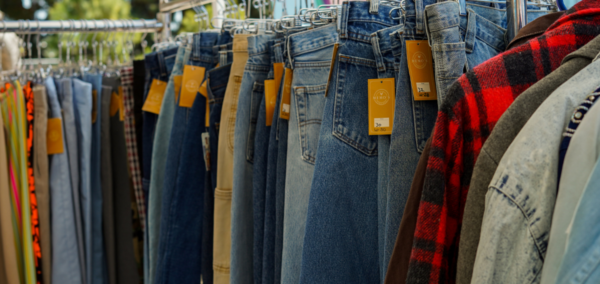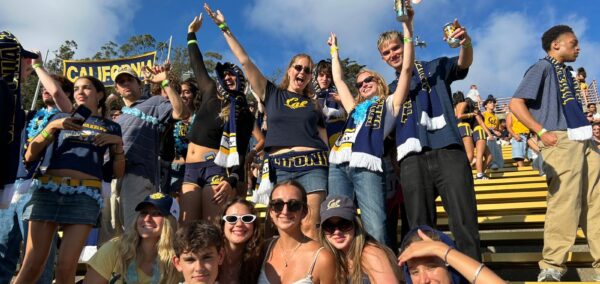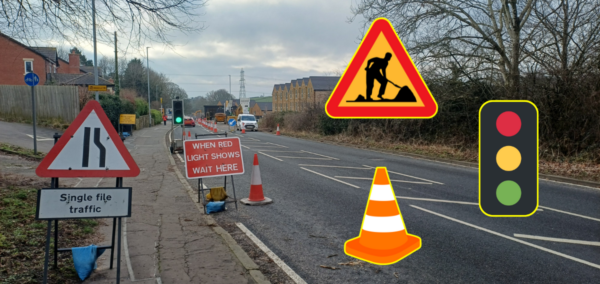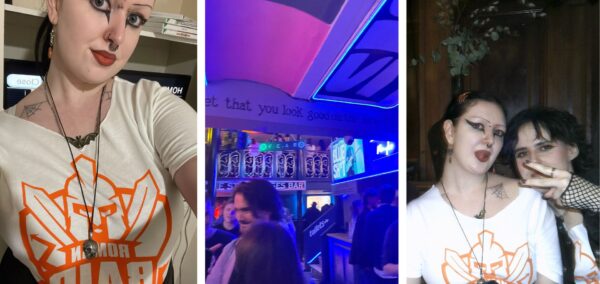
Self-swab rape kits are now being handed out to Bristol Uni students: Here’s what we know
It is currently not known whether these kits are admissible as evidence in court
Self-swab rape kits are being handed out to students at the University of Bristol campus.
Enough is a charity hoping to end rape on Bristol University’s campus by providing at-home rape testing kits. However, until these kits are used in a case at court it is not known if they will be admissible in a criminal case which has caused some controversy.
These self-swabbing kits are being handed out on the Bristol University campus this week and to businesses across the city.
In September, a position statement was released by the Faculty of Forensic and Legal Medicine (FFLM) on self-test kits. It has a neutral position on them and it stressed the importance of providing clear information to consumers on these tests.
In the statement, FFLM said: “We applaud any organisation that is interested in reducing sexual violence and addressing its aftermath.”
Adding: “We do not advocate the use of ‘self-swabbing’ kits,” however, it also acknowledged “that many survivors of rape or sexual assault do not present to SARCs or SARCS or the police and we wish to work collaboratively to reduce this gap.”
The issue Enough is trying to fight is that “only one per cent of people report rape”. The self-swab kits are an alternative for those not wishing to report through official channels. However, Enough does not claim to be an alternative to criminal justice and encourages people to go to the police first if that works for them.
Katie, Enough’s co-founder, told The Bristol Tab: “We are responding to the fact most students are not reporting what is happening, no perpetrators have been suspended, and we need to give people a simple and easy way to report.
Most Read
“We have been at Bristol talking to students and survivors about what they want for over a year. We’ve also taken advice from leading forensic experts, the police, and psychologists to make sure that what we are doing is safe and trauma-informed.
“Enough is not for criminal prosecution. Anyone who wants to report to the police should go there first.”
Ahead of the kits’ official launch this month, the charity’s student ambassadors were present at this year’s Freshers’ Fair in September, which caused a lot of talk of the charity around campus questioning their reliability.
The SU sent out a warning to society presidents about the charity’s presence, as the reliability of the kits at the time was unknown.
One student expressed their concern over the charity in September stating: “My concerns for survivors are, they do these tests and then the evidence doesn’t hold up in court which would be detrimental to survivors cases. If a survivor went to a SARC they would also be given STI tests/ emergency contraceptives which are essential to reduce further trauma, Enough doesn’t appear to have a scheme to replicate this. If a survivor went to a SARC they’d automatically be referred for trauma-informed CBT which is proven to reduce PTSD, it’s unclear how the videos Enough intends to provide will patch up.”
One student told us: “I would have been none the wiser about if they worked in courts.”
Sexual assault is a pervasive issue in universities across the UK. In 2018 a shocking eight per cent of women reported they were raped at university. This year Bristol SU changed its code of conduct to include a ban on sexual, harassment following an open letter from the Ladies Hockey Club.
Alison Hernandez, Police and Crime Commissioner for Devon and Cornwall has said: “Radical ideas are welcome to combat rape. Too many victims do not come forward and are often suffering alone… I’m keen to see the evaluation when completed to see if it can be rolled out across the country.”
Enough also hosts an online support community where survivors can access therapy-style videos. In addition to the test kits, you can send a report of what happened which will be encrypted and time-stamped. At the lab, the evidence is split into two, half is frozen under forensic-grade conditions for 20 years and the other half is tested at their lab for DNA.
One survivor told Enough: “The kit gives you time. You can’t give yourself this later.”
It is important to note that until these kits are used in a case at court it is not known if they will be admissible under the provisions of the Police And Criminal Evidence Act, 1984. While Enough has contacted experts in the field of forensic medicine to ensure the best possible chance of reliability, it is not a guarantee.
A University of Bristol spokesperson said: “The University of Bristol is committed to providing an environment where all students are safe and respected. We do not tolerate sexual violence or misconduct.
“Our team of Sexual Violence Liaison Officers (SVLOs) have had specialist training to provide one-to-one support to help students make the right choices for them following an incident of sexual violence. They will be led by the student and will listen and discuss all available options such as advising on possible reporting options, and further specialist counselling.
“We strongly urge anyone who has been the victim of rape or sexual assault, to seek professional support, especially if this happened in the last eight days. We would advise accessing their local Sexual Assault Referral Centre (The Bridge in Bristol) which will provide 24/7 advice and support, including a medical examination if the student chooses. They can also discuss sexual health, and onward referrals such as counselling and advice on making a report to the police.
“Students can choose to report to the police or the university directly via established channels. We take reported cases very seriously, investigate where appropriate and take immediate steps to protect students. Information on how to access support or make a report is available on the University website.”
Katie from Enough said: “Five in six rape survivors do not report to the police and don’t get help. Enough is quick, easy and private, allowing you to create deterrence and start your mental health recovery immediately.
“We have been at Bristol talking to students and survivors about what they want for over a year. We’ve also taken advice from leading forensic experts, the police, and psychologists to make sure that what we are doing is safe and trauma-informed
“Enough is the service that students asked for – and it is a service they really want to use. Why would anyone want to stop that?”
Featured image via Enough



















